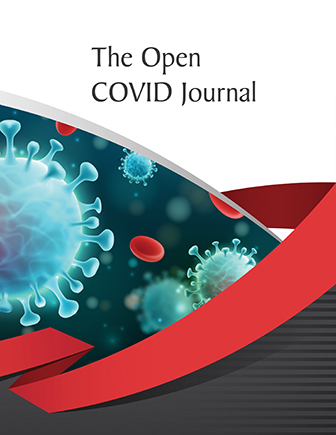All published articles of this journal are available on ScienceDirect.
A Qualitative Study of Migrant Family Experiences during the COVID-19 Pandemic in Spain
Abstract
Background
The COVID-19 pandemic stemming from the global contagion of the respiratory virus first identified in 2019, now ongoing for four years, impacted the world in different ways that are important to understand for its short and long-term mental health risks. This study aims to examine the experiences of migrant families in Spain as a vulnerable cluster, identifying the characteristics under which they had to adapt in Spain, affecting their psychological well-being.
Methods
This research used a qualitative research design to explore the experiences of the families during the pandemic, during closures, and after the quarantine was lifted in Spain. Semi-structured interviews were conducted with a child and a parent of 17 migrant families.
Results
The key themes that emerged from the interviews with this sample’s experiences regarding their life during the pandemic were social isolation, routine interruption, economic difficulties, and bureaucratic obstacles that ensued from public health restrictions, the COVID-19 pandemic virus, and related conditions during the years 2020 to 2022. This indicated potential risks to the families’ psychological well-being and their mental health by increasing stress and removing or reducing access to social support systems within the neighborhood they settled in postmigration, limiting the study due to the unique set of characteristics this sample faced.
Conclusion
The COVID-19 pandemic added to existing challenges relating to local migration, increasing risk factors for migrant’s mental health, removing protective factors they sought in migrating to Spain, and complicating their post-migration adaptation by influencing their legal paperwork applications, children's schooling, employment, housing, language acquisition, and cultural integration.


